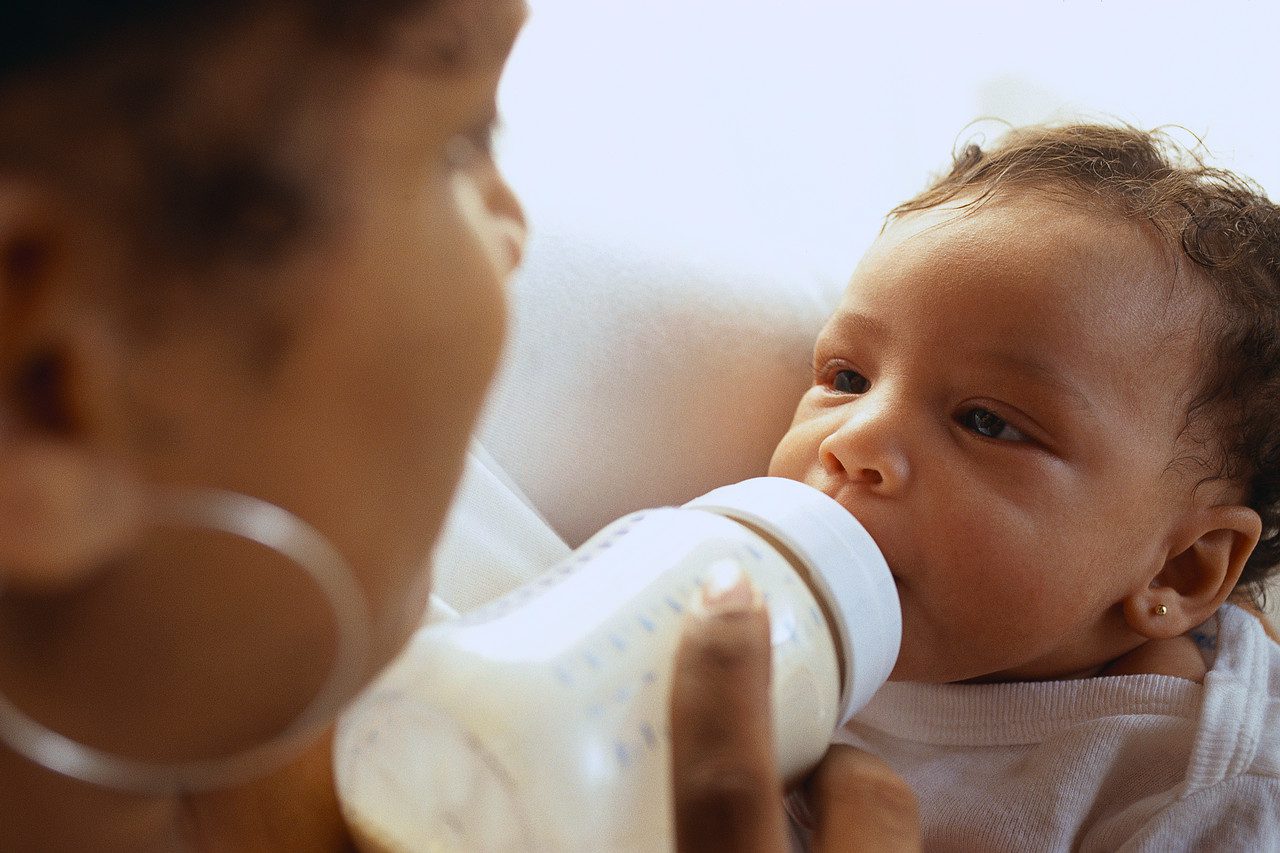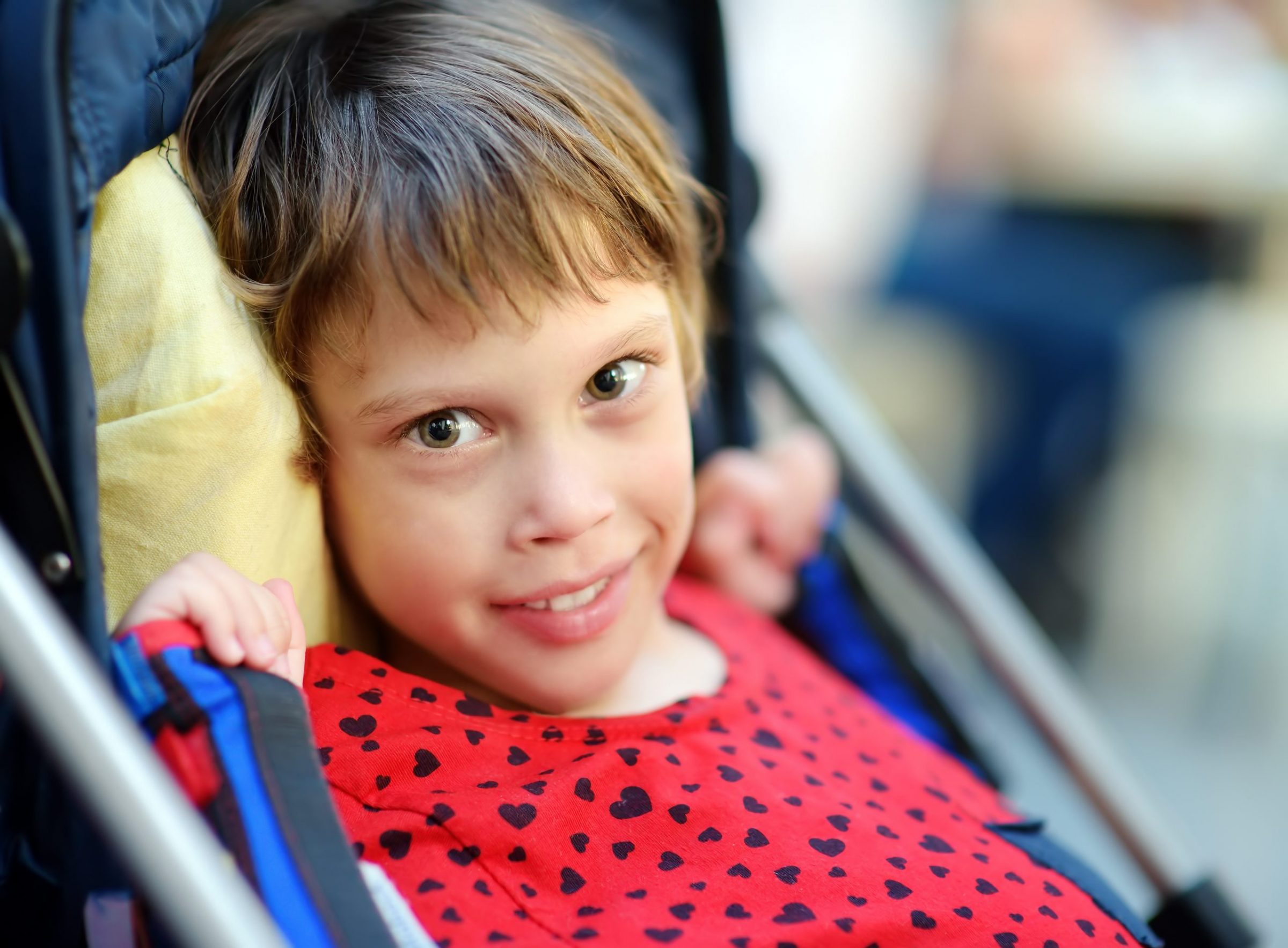Disability and inclusion
SRI Education has been a leader in disability education research and technical assistance since the Individuals with Disabilities Education Act (IDEA) was passed in 1975. We combine our unique understanding of the multiple systems serving students with disabilities and their families with our developmental and pedagogical expertise across disability categories and age ranges to help educators increase learning and accessibility.
-

Recognizing the life and work of Mary Wagner
A cherished SRI colleague and globally respected leader in education research, Mary Wagner leaves behind an extraordinary legacy of groundbreaking work supporting children and youth with disabilities and their families.
-

How empowered do multilingual students with disabilities feel to make their own choices?
Students who feel greater self-determination – the attitudes and abilities to act as a causal agent and make independent choices – tend to do better as they transition to life outside of secondary school.
-

Supporting Students With Significant Cognitive Disabilities and Support Needs as They Transition from High School
Researchers from SRI International and the University of Oklahoma are collaborating to create a new assessment tool to help educators ensure that students with significant cognitive disabilities (or extensive support needs) leave high school with the skills they need to be successful.
-

Child Find ACCESS: Advancing Community-Centered, Equity-Focused Child Find Systems & Supports
For the Child Find ACCESS project, SRI Education is implementing a community-based, tailored approach to improving child find systems.
-

Alternate Assessment Design – Math and Reading
SRI worked with two state consortia to design items for alternate assessments. This work advanced how the learning of students with significant cognitive disabilities is assessed.
-

Scaling Up Implementation of Pyramid Model in Preschool and Kindergarten Classrooms
The project uses the Practice-Based Coaching (PBC) framework to support district-hired coaches who in turn train and coach preschool and kindergarten teachers to implement PM strategies with fidelity.
-

Model Demonstration Coordination Center
SRI Education helped bridge the chasm that can exist between identifying educational evidence-based practices and achieving their widespread use.
-

ENHANCE: Studying the Quality of Child Outcomes Data
ENHANCE consisted of four studies that examined the quality of the data that was collected through the Child Outcomes Summary (COS) process.
-

Early Childhood Outcomes (ECO) Center
The ECO Center assisted state agencies in building measurement systems for programs serving infants, toddlers, and preschoolers with disabilities and their families. The center provided technical assistance to support states in developing high-quality child and family outcome measurement systems.


